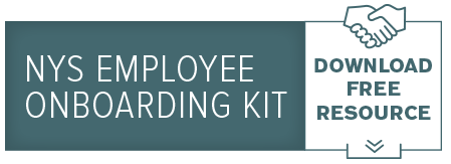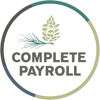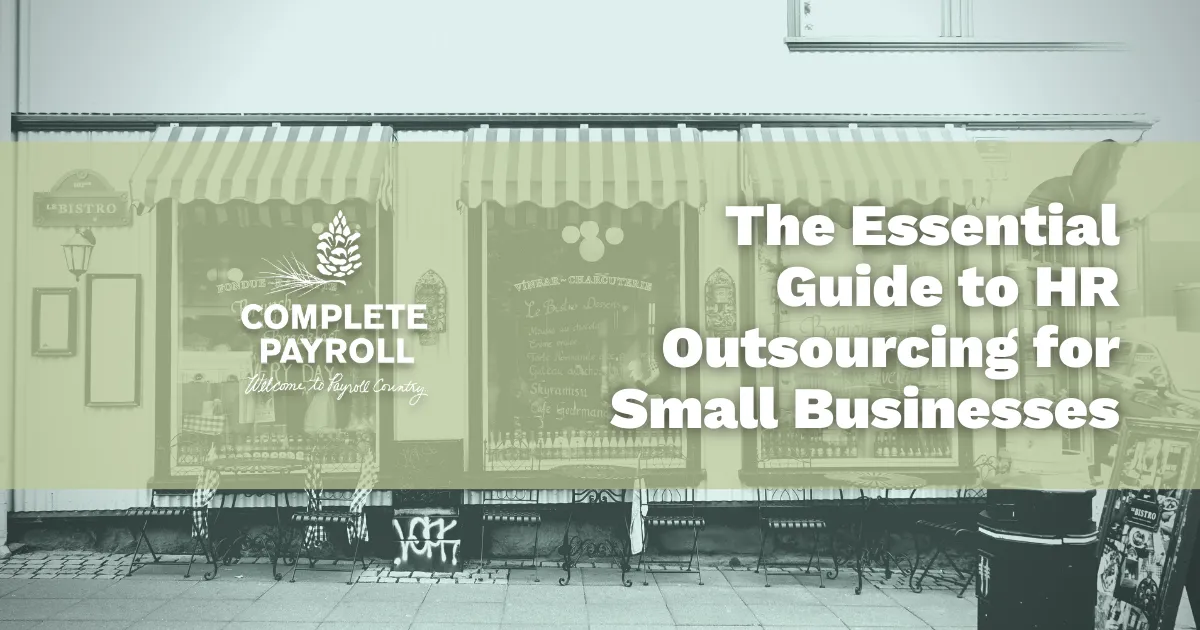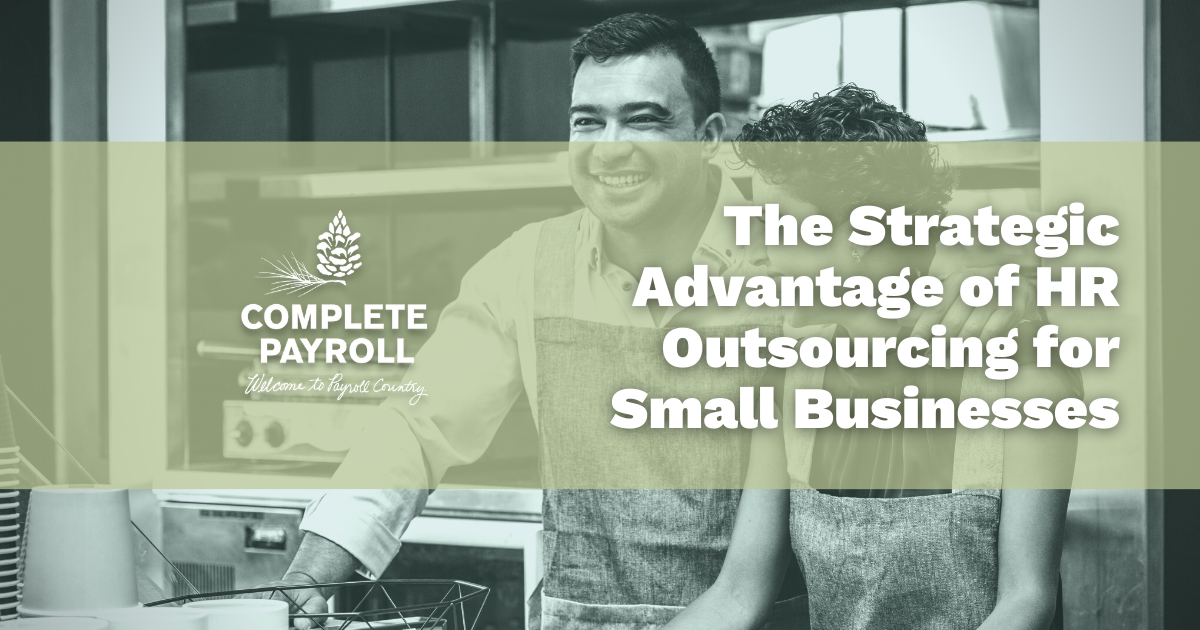If you're hiring an employee, or think you might be soon, check out our comprehensive resource page, Employee Onboarding - A Complete Guide. This is a handy, tightly-packaged outline that presents all the critical hiring and onboarding elements in simple, chronological order.

Hiring interns can be a wonderful opportunity for everyone involved. Interns develop new skills, gain industry experience, and build up their network of professional contacts. Employers get help with special projects they might not otherwise have the time for, a chance to scout out new talent, and good working relationships with educational institutions.
But hiring and onboarding interns can be different from doing the same for entry-level employees. Here’s what you need to know when hiring interns for the first time.
Hiring interns
If you’re in an industry where internships are fairly standardized (such as accounting or engineering) you already know what you’re looking for in an intern. You need specific coursework, skills, and capacities, and you probably know these well because you had a similar internship yourself. For those in fields with a less uniform internship experience, it can be challenging to know what to look for, even if you know you’re offering an internship in a specific area, like public relations or data analysis.
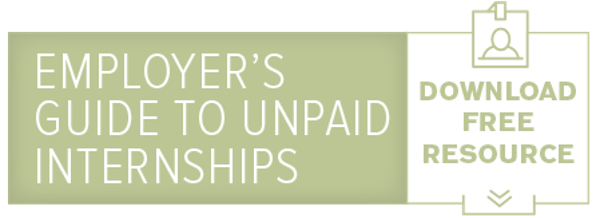
When looking at potential interns, it’s important to consider:
- Do this intern’s goals line up with what our organization is able to teach them?
- Does this intern know what they want from an internship?
- Will this intern do well in a culture like ours?
This last bit can be especially difficult to ascertain, as they may not yet have a lot of self-awareness about the environments in which they’re most successful. Careful interviewing can help with this. Asking questions about school, volunteer work, non-professional jobs, and even hobbies can help you uncover the qualities that make an intern a good fit.
You’ll also want to make sure that you have the capacity to train and supervise an intern. Generally speaking, interns require more supervision than most employees, so remember to budget that time accordingly.
Onboarding interns
When it comes to paperwork, the process for onboarding interns is not that different from any other employee. Assuming the internship is paid (and the rules regarding unpaid internships are extremely strict, so you’ll almost definitely want the internship to be paid), your interns will fill out their I-9, W-4, and state and local tax forms.
For some interns, this may be their first time completing these forms, so make sure that someone is on hand to guide them through the process. Keep in mind that one intern may still be claimed as a dependent by their parents, while another may be married or have dependents on their own. Don’t make assumptions based on your own status at a similar age.
If you have multiple interns, it’s helpful to tackle the onboarding process in a group so that they can support one another. You’ll want to spend a significant amount of time on things like job responsibilities as well as any guidelines for behavior. This is a large part of what they’re here to learn! The more explicit you are in the initial onboarding process, the better they’ll understand what’s expected. They’ll undoubtedly make mistakes, but many of the mistakes interns make are due to unspoken expectations that are assumed to be “common knowledge.”
Keep an eye out for problems
If an intern seems to have a fundamental misunderstanding about what is expected of them, it’s important to catch and address it early on so that you don’t run into more challenging issues and find yourself having to terminate the intern due to their behavior. These kinds of misunderstandings can come up as early as the onboarding process, so don’t wait until it’s time for formal reviews!
Feeling nervous about hiring interns?
You’re definitely not as nervous as your interns are about being hired! Just follow the same best practices for hiring and onboarding that have served you well in the past, and add a healthy dose of extra guidance and support.
Feeling like you need some more support yourself? We’ve got our NYS Employee Onboarding Kit to help with that. And of course, if you need more personalized help, Complete Payroll is here with HR solutions to meet your needs. Get in touch to learn more.

















